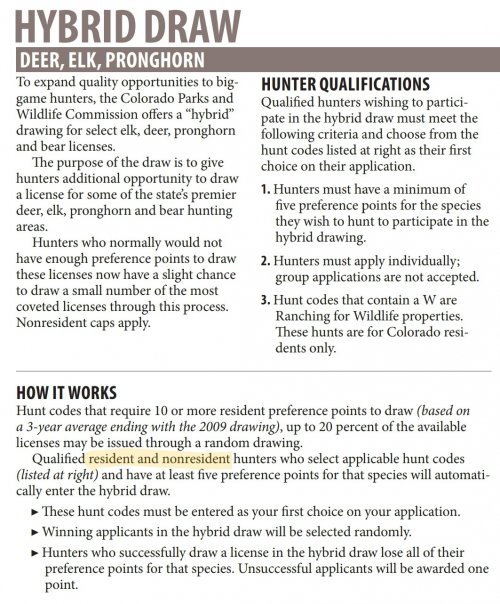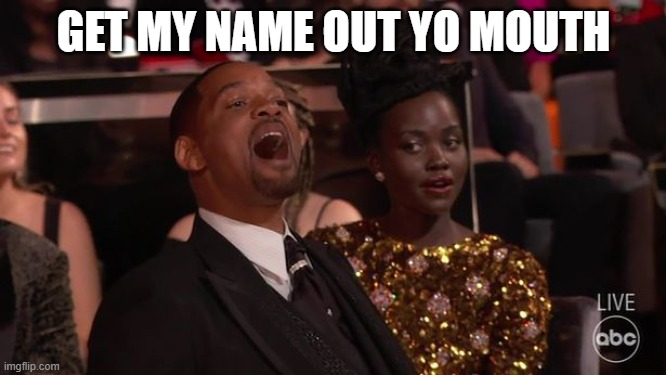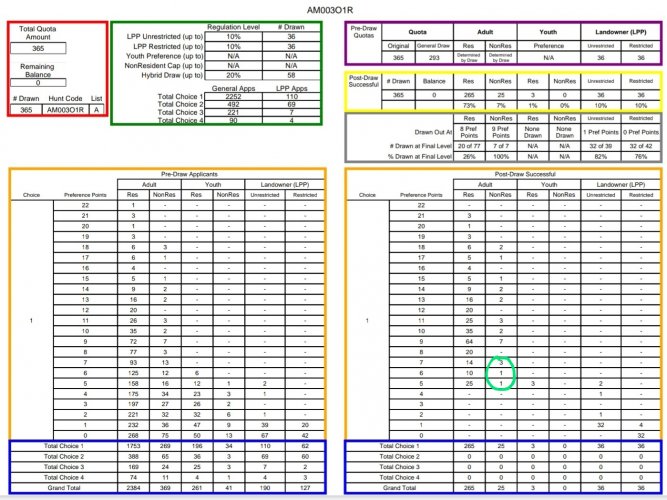Lots of good thoughts here, but the poor residents feeding their family always rings hollow with me. Not because I don’t believe it is true or that I don’t have empathy for folks on that end of the economic spectrum (which I came from), but rather - if this is truly a state owned resource that is the difference between hunger and not, why does the state favor the 25% poor that hunt over the 75% of the poor that don’t. Why does a poor 35 yo get to fill a freezer with “shared” meat, while the 65 yo widow gets zero? If game is a poverty prevention resource for the citizens of the state shouldn’t they either (a) sell tags at the highest dollar and use the surplus funds to stock food shelves; (b) require hunters to turn in half of each carcass to go to food shelf; or (c) have professional cull hunts with the meat going to food shelves.
I enjoy hunting, I value its heritage value, I appreciate the 10% or so tags that get offered NRs, but frankly, our current system is not maximizing the resource for all the citizens of the state - it gives a big perk to a particular subset - and even within that subset it advantages the incumbent. So let’s just be honest- we have an old way of doing things that advantages the incumbents so we defend it - hardly news - just more of the same.
Many states offer the program for hunters to voluntarily turn in game that they aren't going to utilize so that it can be processed for the local food banks, or be distributed.
I helped get the Hunters Against Hunger bill passed in MT way back when the world was normal. it was a rousing success. Donations outstripped demand, and by & large, the leftover meat was put to good use for the rest who don't buy a tag and hunt. MOGA deserves a lot of credit for helping get that bill passed as well, btw.
Personally, I helped place two bucks this year that were left behind by some guys from downstate who only took the antlers and left the big bodies swinging. I've helped organize doe hunts where the price of admission was $100 to the local food bank and at least one deer (7 OTC tags at the time).
So, I disagree that those who aren't hunting don't get the benefit of it. States have an obligation IMO to create & fund programs that do help those who are in need get that resource, rather than let it rot due to the selfishness of some hunters.
But that's a state issue - not a federal one. It has to be addressed by each state. Furthermore, the economics of hunting are such that it is a large sector of the outdoor recreation economy - and that means people in bars being served by a barkeep who hates guns, but also hates that burger is for the wealthy now. It means the hotel cleaners who are working 40 hours a week have a wage to buy some costco chicken and feed their family, etc. It's not simply "1 person who hunts benefits, while the others don't." So I reject the notion that those who do not hunt receive no benefit from the trust.








